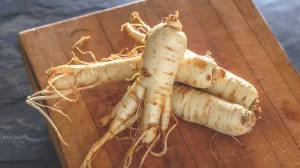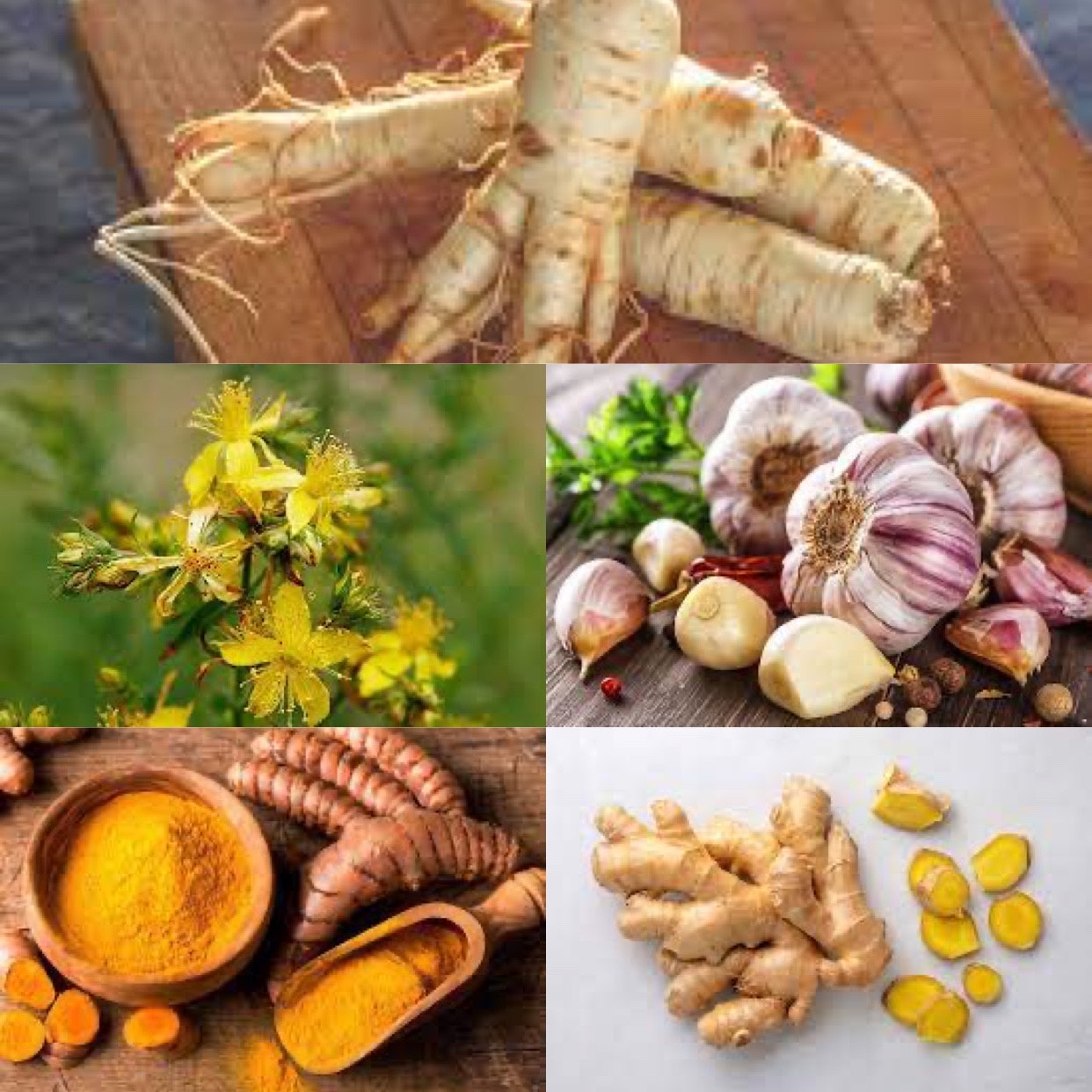Traditional herbal medicines has been relied upon by cultures worldwide for centuries. Despite the advancements in modern medicine, the demand for herbal remedies continues to rise, with the industry grossing approximately $60 billion annually.
Many individuals find herbal options more affordable, accessible, and in line with their personal health ideologies. In this article, we will explore the five most popular herbal medicines from around the world, highlighting their benefits, uses, and safety information.
Join our WhatsApp ChannelGinseng

Ginseng, a medicinal plant, is commonly used in traditional Chinese medicine. Its roots are steeped to make tea or dried to create a powder. Known for its potential to reduce inflammation and boost immunity, brain function, and energy levels, ginseng offers various health benefits.
However, while several test-tube and animal studies have shown promising results, further research is needed to validate its efficacy. Short-term use is generally considered safe, but potential side effects like headaches, poor sleep, and digestive issues should be noted.
St. John’s Wort

St. John’s Wort, derived from the flowering plant Hypericum perforatum, has a rich history of use dating back to ancient Greece. Today, it is commonly prescribed in Europe for treating mild to moderate depression.
READ ALSO:Eight Tips For Keeping Healthy Kidneys
Multiple studies suggest that short-term use of St. John’s Wort is as effective as certain conventional antidepressants. However, its long-term safety and effectiveness for severe depression or suicidal thoughts are still under investigation. It is important to note that St. John’s Wort can interfere with various medications and may cause side effects such as allergic reactions, dizziness, and dry mouth.
Turmeric

Turmeric, an herb from the ginger family, has been utilized in cooking and medicine for thousands of years. Recently, it has gained attention for its potent anti-inflammatory properties.
Curcumin, its major active compound, shows promise in treating conditions such as chronic inflammation, pain, metabolic syndrome, and anxiety. Some studies indicate that curcumin supplements can alleviate arthritis pain as effectively as common anti-inflammatory medications. While both turmeric and curcumin supplements are generally safe, high doses may lead to mild side effects like diarrhea or headache.
Ginger

Ginger, another rhizome from the same family as turmeric, has been widely used in traditional medicine to treat various ailments, including colds, nausea, migraines, and high blood pressure. Its most established modern use is for relieving nausea associated with pregnancy, chemotherapy, and medical operations.
Test-tube and animal studies suggest potential benefits for heart disease and cancer treatment, but human evidence remains limited. Ginger is well-tolerated, with rare negative side effects like heartburn or diarrhea reported, particularly at high doses.
Garlic

Garlic, a member of the Allium family, has a long history of both culinary and medicinal use. Sulfur compounds found in garlic, such as allicin, are responsible for its health benefits.
Although allicin is unstable and only present in fresh garlic for a short time after chopping or crushing, other compounds like diallyl disulfide and s-allyl cysteine also contribute to its effects. Garlic has been associated with various health benefits, but further research is needed to fully understand its potential. It is commonly used in cooking and is generally safe to consume.
While these five herbal medicines have shown promising benefits in traditional practices and preliminary research, it is essential to consult healthcare providers and exercise caution, especially when considering long-term use or when taking other medications. With further scientific investigation, we can gain a deeper understanding of the potential of herbal

















Follow Us